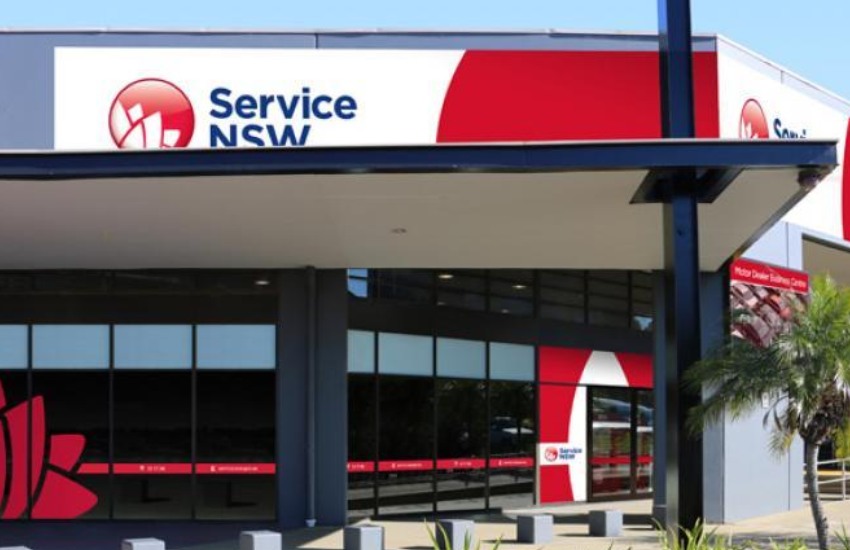New guidelines released by Service NSW over the weekend have revealed that accountants, tax or BAS agents who applied for JobSaver or the Micro-Business Grant on behalf of their clients will be required to reconfirm their eligibility each fortnight for them to continue receiving the payments.
The retest must confirm that the business has continued to experience a decline in turnover of at least 30 per cent and has maintained its employee headcount as stated in its initial application.
You’re out of free articles for this month
Service NSW will continue to pay September payments without the need for businesses to reconfirm their eligibility, with payments only ceasing if reconfirmation is not provided from October onwards.
The joint professional bodies, who have been working with the NSW government to reduce the compliance burden on practitioners, have negotiated a concession that will allow businesses that are still closed or severely impacted by restrictions to simply indicate they remain eligible without a calculation of decline in turnover.
Chartered Accountants Australia and New Zealand tax leader Michael Croker said it was clear that the NSW government was not going to back down from its new policy to prevent the blowback witnessed with JobKeeper overpayments.
“Some SMEs will be incredulous about the message the NSW government is sending: ‘Your Health Orders closed my business. Of course, my turnover remains down,’” Mr Croker told Accountants Daily.
“Other States have been smarter, with automatic continuing eligibility for businesses as lockdowns extend, based on turnover decline data contained in the original application.”
The new guidelines also note that businesses may be able to oscillate in and out of the support payments from fortnight to fortnight, a move that will likely increase workloads for practitioners.
Gavin Swan, director of Absolute Accounting Services on NSW’s Central Coast, believes accountants and bookkeepers will be set for a “bumpy ride” over the next two months.
“The NSW government and Service NSW have seriously underestimated the time that it will take,” said Mr Swan.
“For us to perform our role properly both as professional accountants and under the TASA Code, we’ve got to exercise due care and due caution and due diligence, and we can’t just do that in five minutes.
“We’ve been beaten up pretty bad in the past 18 months and this is just another punch but I’m very confident we will get through it.”
The Institute of Public Accountants general manager of technical policy Tony Greco said he could understand practitioners’ frustrations but acknowledged that it was the only way to avoid a repeat of the “Jobkeeper largesse”.
“Moving to fortnightly retesting on the surface appears onerous, especially when compared to JobKeeper which required decline in turnover (DIT) calculations quarterly,” said Mr Greco.
“We do acknowledge that as restrictions are eased, more and more businesses may need to perform DIT calculations if they are approaching the critical cut-off point for support (30 per cent DIT) which can be administratively onerous depending on the level of record keeping sophistication.
“To ensure businesses in genuine need continue to receive support, then this is the only way to stop payments to businesses that have started to recover. It is public money at the end of the day, and support needs to be targeted.”
Jotham Lian
AUTHOR
Jotham Lian is the editor of Accountants Daily, the leading source of breaking news, analysis and insight for Australian accounting professionals.
Before joining the team in 2017, Jotham wrote for a range of national mastheads including the Sydney Morning Herald, and Channel NewsAsia.
You can email Jotham at: This email address is being protected from spambots. You need JavaScript enabled to view it.

 Login
Login







